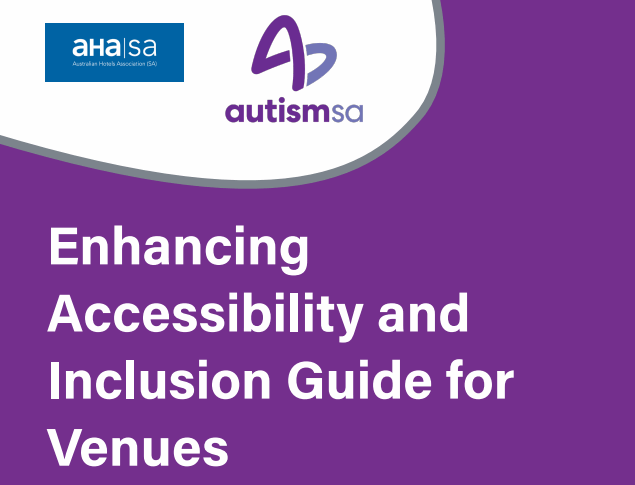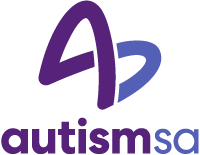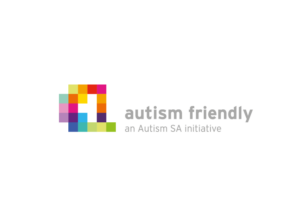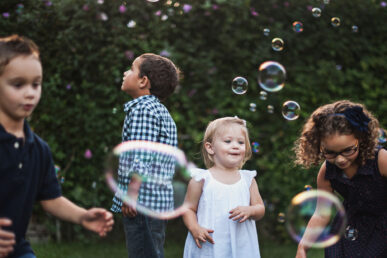Enhancing Accessibility and Inclusion Guide for Venues
In this exciting collaboration between Autism SA and the Australian Hotels Association: SA, we embarked on a project focusing on enhancing inclusion and accessibility at venues across SA.
This was achieved through building the capacity of venues by helping staff gain a deeper understanding of autism, boosting venues confidence in implementing environmental accommodations and adjustments that will benefit the Autistic community.
The autism community shared their insights and experiences with us, through surveys and focus groups. We used this information to make sure that our recommendations were accurate and relevant to the community.
Access and inclusion in venues involves creating environments that are welcoming, accommodating, and accessible to everyone, including autistic individuals and those with a disability, ensuring full participation and enjoyment of services and experiences for everyone. All participants indicated that they would be more likely to go to venues if autism-friendly changes were made.
Why is access and inclusion important for the Autistic community?
- Did you know 1 in 91 or 290,900 Australians are autistic
- 1 in 4 people have an autistic relative
- Only 4% of autistic people believe businesses know how to support them
- People with a disability were three times as likely to avoid a business and twice as likely to tell other people to avoid a business because of negative experiences
- Around 58% of autistic people and their families avoid going to venues like pubs and bars
What barriers do autistic people face when they attend venues?
- Crowds and the number of people
- Noise and light levels
- Food
- Not knowing what to expect
- Staff attitudes
What are the benefits for venues enhancing access and inclusion?
- Small changes, big impact
- Untapped consumer market
- Positive branding opportunity
- Acquire talent from an underappreciated pool
- Benefits the wider community
Learn more about how your business could benefit from enhancing access and inclusion
How can your venue create accessible environments?
Many autistic individuals have sensory sensitivities, meaning that standard levels of light, noise, smells, and other stimuli might be challenging to cope with. By addressing these sensory impacts, your venue can become more comfortable and enjoyable for everyone.
Common key factors at venues that improve accessibility
- Low or no background noise
- Natural lighting or low lighting
- Low density of people
- Flexible booking options
- Create a private space
- Complete an access and inclusion audit – Download our template
- Provide sensory-inclusive menus – Learn how
- Host an autism friendly event – Download our guide
- Create an access guide – Learn how
- Establish workforce autism awareness training – our Autism Friendly Charter initiative provides free training that your employees can complete at their own pace and a listing in our directory so that people can recognise and find your venue.
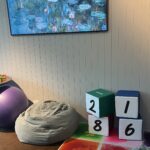
Example of a break space at a restaurant
Autism Friendly Charter
From our survey results
- A whopping 92% of people asked would be more likely to use a service that was part of the Autism Friendly Charter over one that isn’t.
- 100% of the people who identified as being autistic said they would use a service associated with the Charter over one that isn’t.
Inclusive recruiting
Making your venue truly accessible and welcoming for all means engaging in inclusive recruitment practices.
Research suggests that employers often seek to employ people who are similar to them, with whom they could be friends, and with whom they feel a personal connection. This often unconscious- bias could lead to missing out on wonderful employees. Embracing neurodiversity can help mitigate this bias and unlock the potential of autistic employees, contributing to a more inclusive and effective workplace, ultimately enhancing the guest experience and operational efficiency.
How to create inclusive recruitment practices
Benefits of seeking autistic employees
Download the guide
Download the full Enhancing Accessibility and Inclusion Guide for Venues
